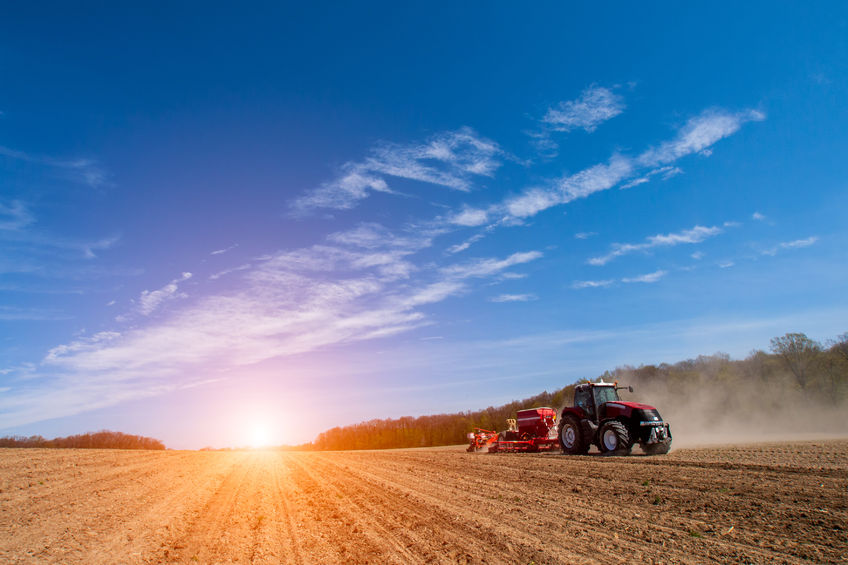
Farmers and agricultural workers have been told to be aware of the increased prevalence of skin cancer cases.
Research commissioned by the Institution of Occupational Safety and Health (IOSH) as part of its No Time to Lose campaign found that malignant melanoma kills nearly 50 people each year in Britain through exposure to solar radiation at work, with 240 new cases being registered.
In the past 10 years, according to Cancer Research UK, skin cancer rates have increased by 59% in men and 36% in women.
One of the riskiest sectors is agriculture. In 2004, one in ten new cancers caused by solar radiation were in farming, even though the agricultural workforce made up only one percent of the total British workforce.
IOSH is supporting Farm Safety Week (16-20 July), organised by the Farm Safety Foundation, to help raise awareness of this issue and others.
New research commissioned by IOSH found that, on average, five people a week in the UK are diagnosed with skin cancer because of working outside with inadequate protection from the sun.
If people protected themselves from the sun’s rays, nine out of 10 of all skin cancer deaths could be prevented.
Simple measures like checking the UV Index, wearing long-sleeved clothing while working outdoors and minimising exposure to direct sunlight in the middle of the day all helps.
#FarmSafetyPledge'
Alan Plom, Vice-Chair of IOSH’s Rural Industries Group (RIG) said skin cancer is preventable.
“Farmers and other outdoor workers can access lots of free materials to raise awareness of solar radiation risks from the No Time to Lose website – we have posters, leaflets, films, quizzes, tool box talks and more," Mr Plom said.
“IOSH has also developed a pocket card which provides five steps on staying safe in the sun. These are covering up, protecting your head, seeking shade, using sunscreen and checking your skin.
“As part of the No Time to Lose campaign, IOSH urges agricultural and horticultural businesses to sign up to a pledge to protect their employees from carcinogenic exposures such as solar radiation. The pledge is a six-step action plan which captures what organisations are doing or planning to do to tackle harmful exposures.
“We will be raising awareness of our solar radiation resources through social media throughout the week. RIG members are also tweeting an #IOSHFarmSafetyPledge.
Mr Plom added: “We are all exposed to solar radiation every day, none more so than farmers. There really is No Time to Lose.”
